- Fierce fighting breaks out near junta’s No. 344 Artillery Regiment in Yekyi Twsp
- Indigenous communities in Chittagong Hill Tracts struggle amid ARSA threats
- Weekly Highlights from Arakan (Feb 16 to 22, 2026)
- Hindus struggle with livelihood hardships amid job shortages in Arakan State
- Equipment from Chinese-owned VPower plant in Kyaukphyu to be fully relocated amid growing conflict
Raft-fishing business thrives again in Pyapon
The raft-fishing business has resurged in Ayeyarwady Region’s Pyapon Township, along with human trafficking to work on fishing rafts, according to local fishery business owners.
29 Aug 2023
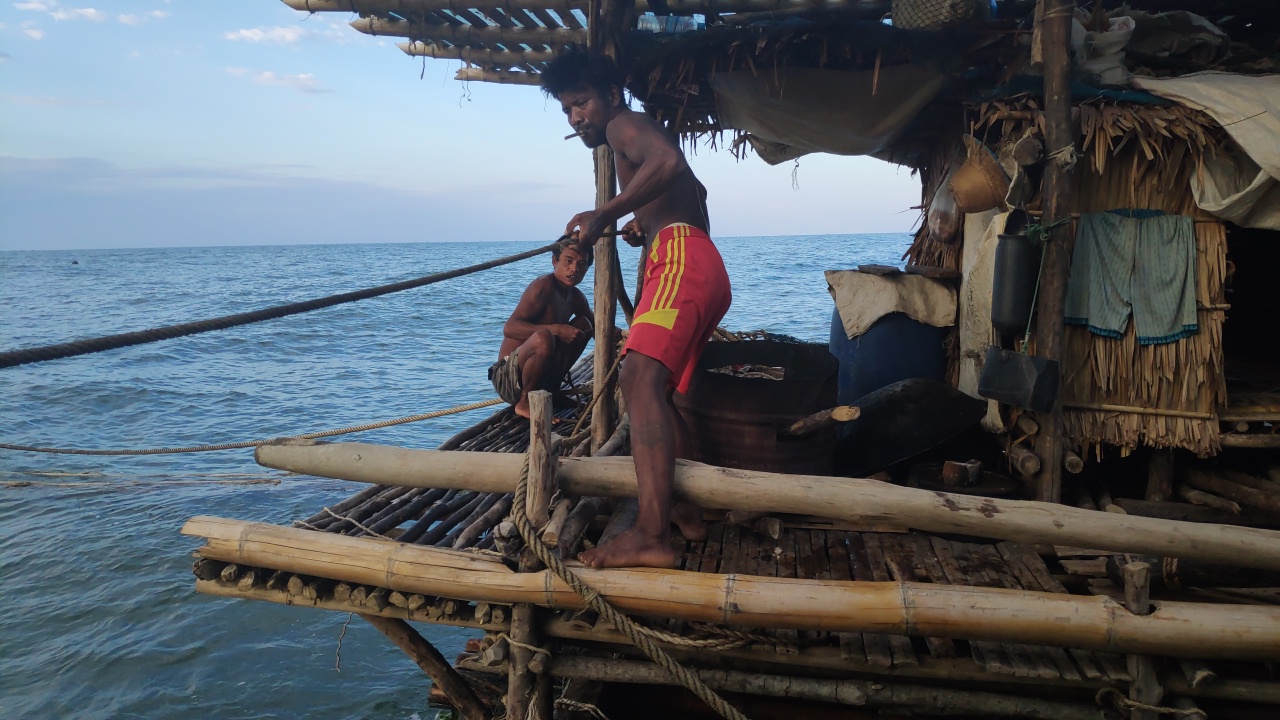
DMG Newsroom
29 August 2023, Sittwe
The raft-fishing business has resurged in Ayeyarwady Region’s Pyapon Township, along with human trafficking to work on fishing rafts, according to local fishery business owners.
Known as kyar phaung, the business of catching fish with bamboo fishing nets is notorious for forced labour, human trafficking and other labour abuses. Kyar phaung is named after the “tile nets” or ‘kyar pike’ that workers cast from their flanks to catch fish.
There are dozens of unlicensed kyar phaung businesses across a number of villages in Pyapon, according to a member of a tile net fishery businessmen’s association in Pyapon.
“Many people are operating kyar phaung by taking advantage of the current lawlessness. Maybe there are more than 100 unlicensed kyar phaung businesses now. The Fisheries Department needs to take action,” he said.
Slavery in the business of kyar phaung came under the spotlight after a university student was sold and forced to work a kyar phaung operation in late 2019. As of the 2020-21 fishing season, the fisheries department has only allowed licensed operators to continue their business. Only around 40 licensed operators were left in the industry.
Illegal fishing rafts have sprung up since the coup, however. To meet the demand for labour to work on those fishing rafts, brokers lure potential workers by promising good pay with meals and accommodation.
“People from other parts of the country who are desperate for a paid job come and work, thinking that they might get decent pay. But they end up on kyar phaung,” said a fisherman in Khar Pyat Village.
A former kyar phaung worker from Yangon’s Twante Township said: “I was persuaded by the broker, so I went with him. Only after I arrived there, I knew that I had to work on a fishing raft. The broker said I would get a monthly salary plus meals and accommodation. But I was told that I would be paid my salary after the fishing season ends, and we return to land. They made workers watch each other so that no one could flee. The supervisors are the employer’s trusted men. There is no time to rest. We had to work the whole day.”
In May of last year, two brokers who sold a 25-year-old man from Maubin Township in Ayeyarwady Region to a fishing raft were charged under the anti-human trafficking law, and given 10 years in prison.




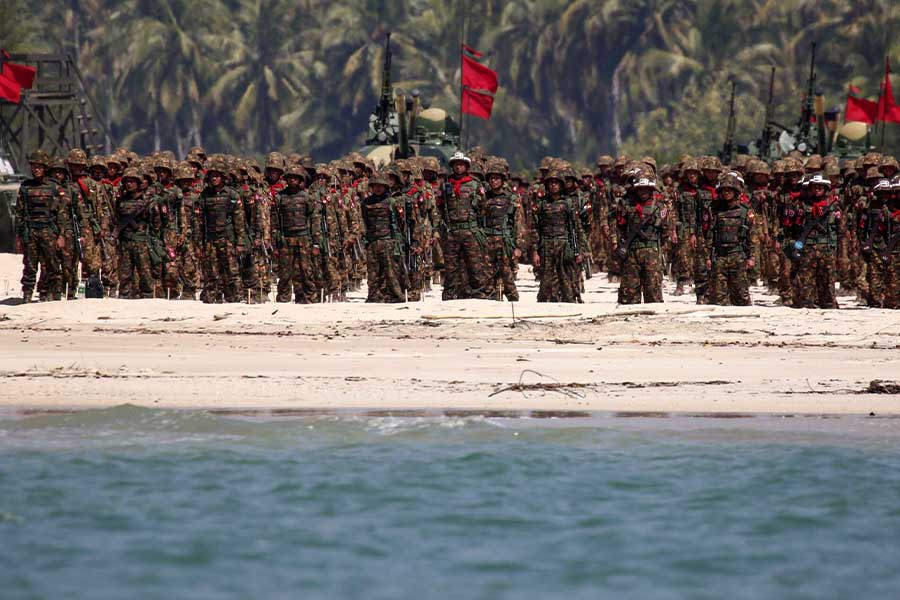
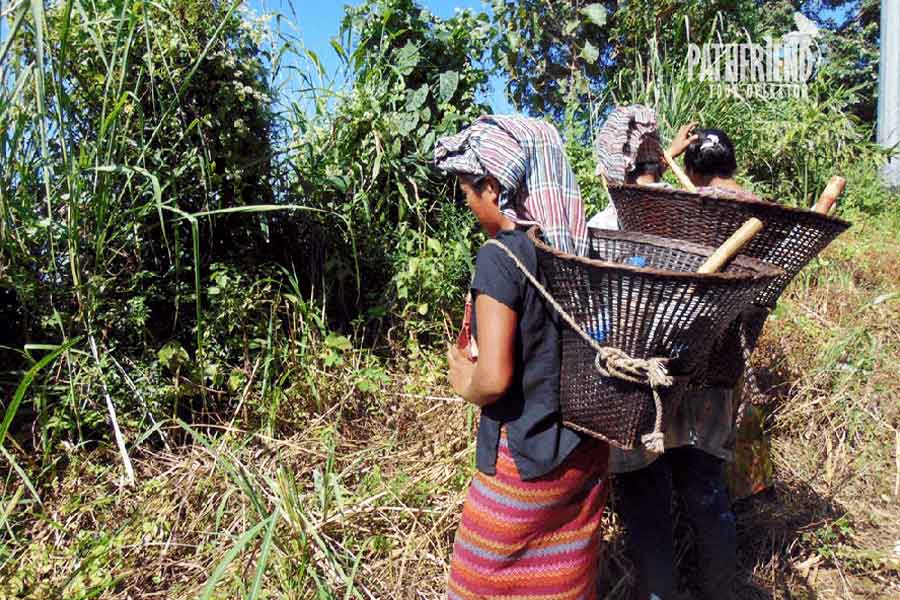
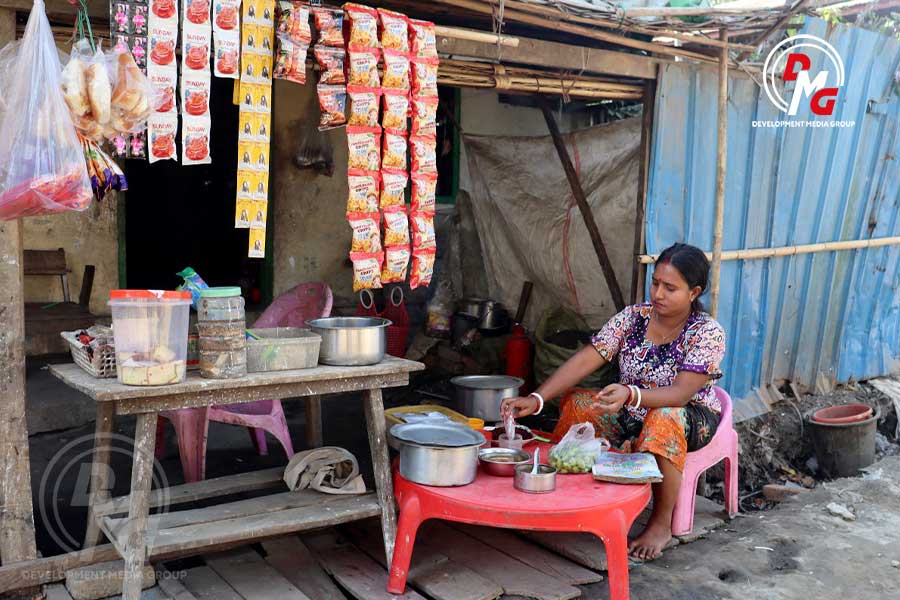
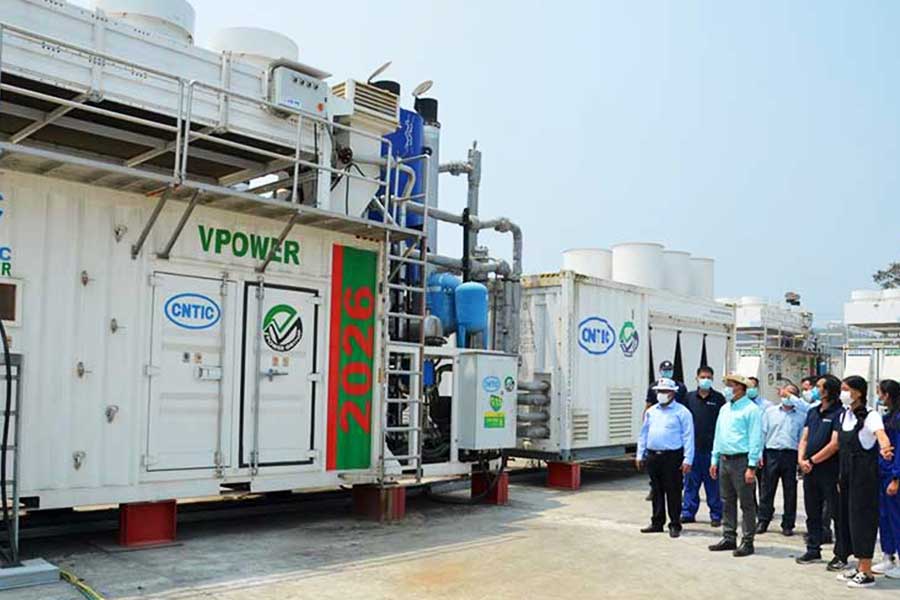
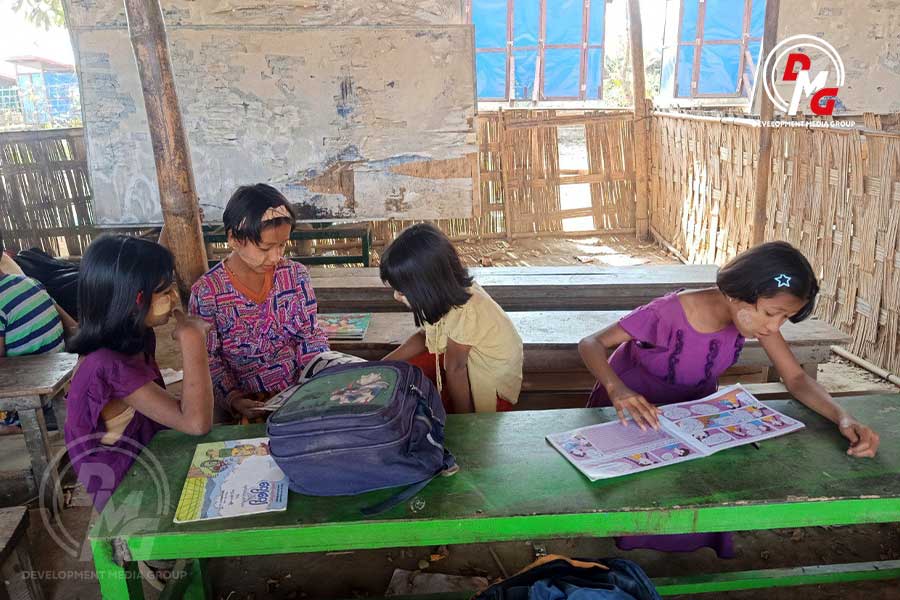








.jpg)